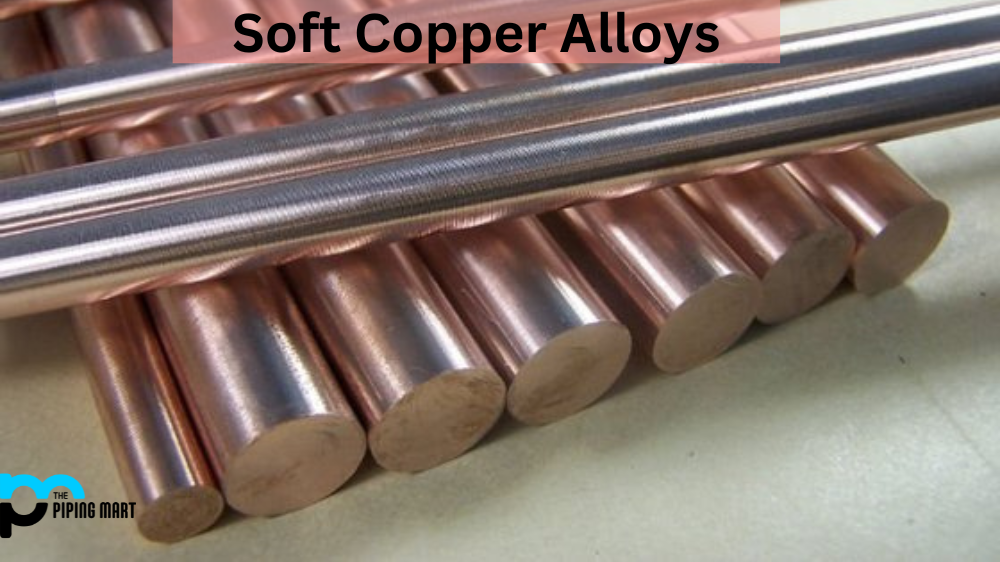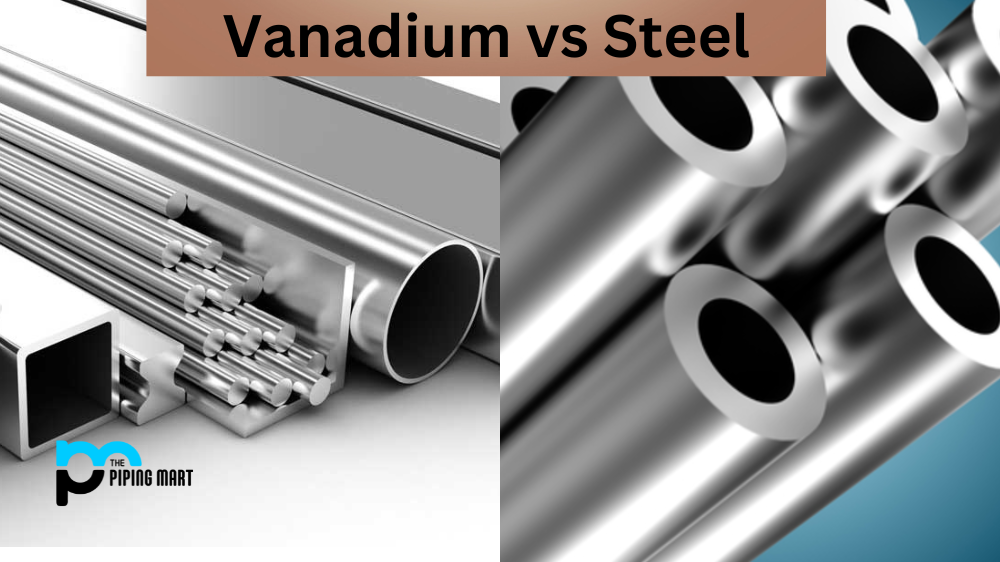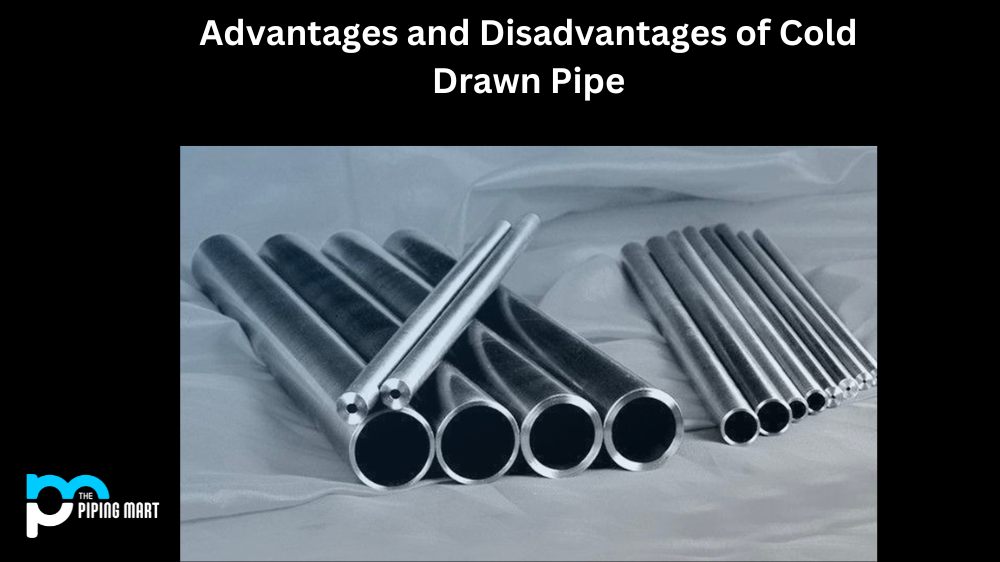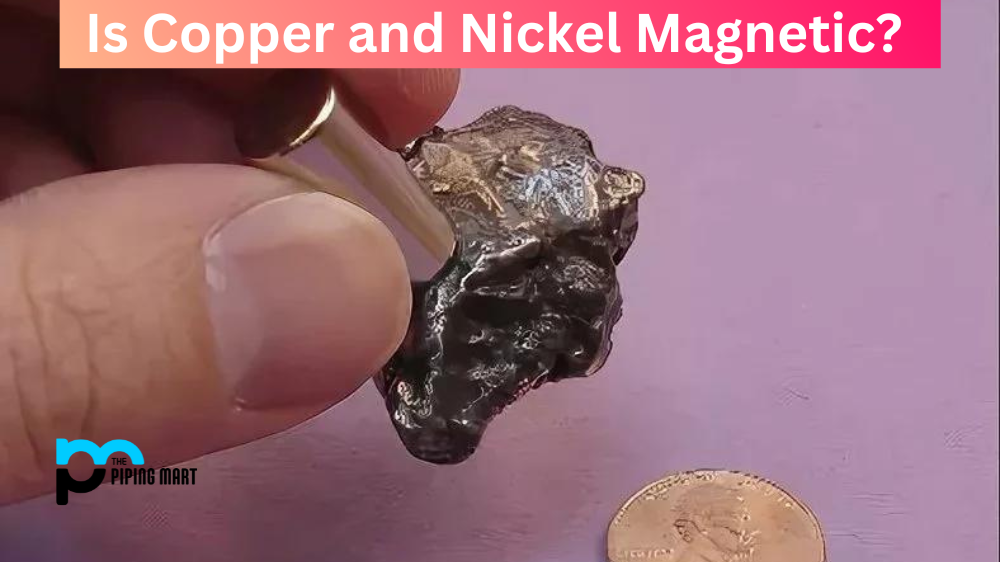Soft copper alloys are becoming increasingly popular as a material for a number of industrial applications. Many businesses have found that they offer unique advantages compared to other materials, but what are these benefits, and why should you use them? In this blog post, we’ll explore the key advantages that make soft copper alloys so attractive.
What is Soft Copper?
Soft copper alloys are metal products made from copper and other metals such as zinc or tin. This combination creates an alloy that is soft yet durable and resistant to corrosion, making it perfect for many industrial purposes. The most common uses of soft copper alloys include electrical components, plumbing fixtures, and wires used in construction projects.
Benefits of using soft copper alloys
One of the biggest advantages of using soft copper alloys is their cost-effectiveness. When compared to other metals such as aluminum or steel, soft copper alloys are more affordable and easier to work with. This makes them an attractive choice for businesses looking for an affordable material that can stand up to wear and tear over time. Additionally, since these metals can be recycled easily and do not require complicated processing methods such as welding or soldering, it is easy to find ways to repurpose them when necessary.
Another major benefit of using soft copper alloys is their malleability. These metal products can be shaped into various forms with relative ease due to their softer nature. This makes them ideal for a variety of uses beyond just construction projects; they can also be used in jewelry making or even arts and crafts! Additionally, because they can be formed into any shape desired without much difficulty, they can save businesses time and money on labor costs associated with manufacturing parts or components out of harder metals like steel or iron.
Soft copper alloys uses
- Copper is a ductile metal with very high thermal and electrical conductivity.
- Pure copper is too soft for many applications, so it is combined with other metals to form alloys.
- The most common alloying element used with copper is zinc, which forms brass.
- Other common alloying elements used with copper include tin, nickel, and lead.
- Soft copper alloys are used in a variety of applications, including electrical wiring, plumbing, and roofing.
- Soft copper alloys are also used in the production of coins, as they are easy to stamp and have a low melting point.
- Soft copper alloys are also used in the food industry, as they are non-toxic and have a low reactivity.
- Soft copper alloys are also used in the production of musical instruments, as they have a high conductivity and produce a clear tone.
Conclusion:
Soft Copper Alloys offer numerous advantages over other metals in terms of cost-effectiveness, malleability, durability, and recyclability – making them an ideal choice for businesses seeking an affordable yet reliable material for their needs. Whether you need wiring for construction projects or components for electrical devices – soft copper alloys may just be the perfect solution! With its many benefits ranging from cost-effectiveness to ease of use – it’s no wonder why more businesses are turning towards this versatile metal product when searching for materials that will get the job done right every time!
Meet Heer, a dynamic and driven writer learning tricks of her trade in the metal industry. With a background in Digital Marketing, Heer brings a unique perspective to her writing, sharing valuable insights. Apart from blogging she like reading and hiking.




